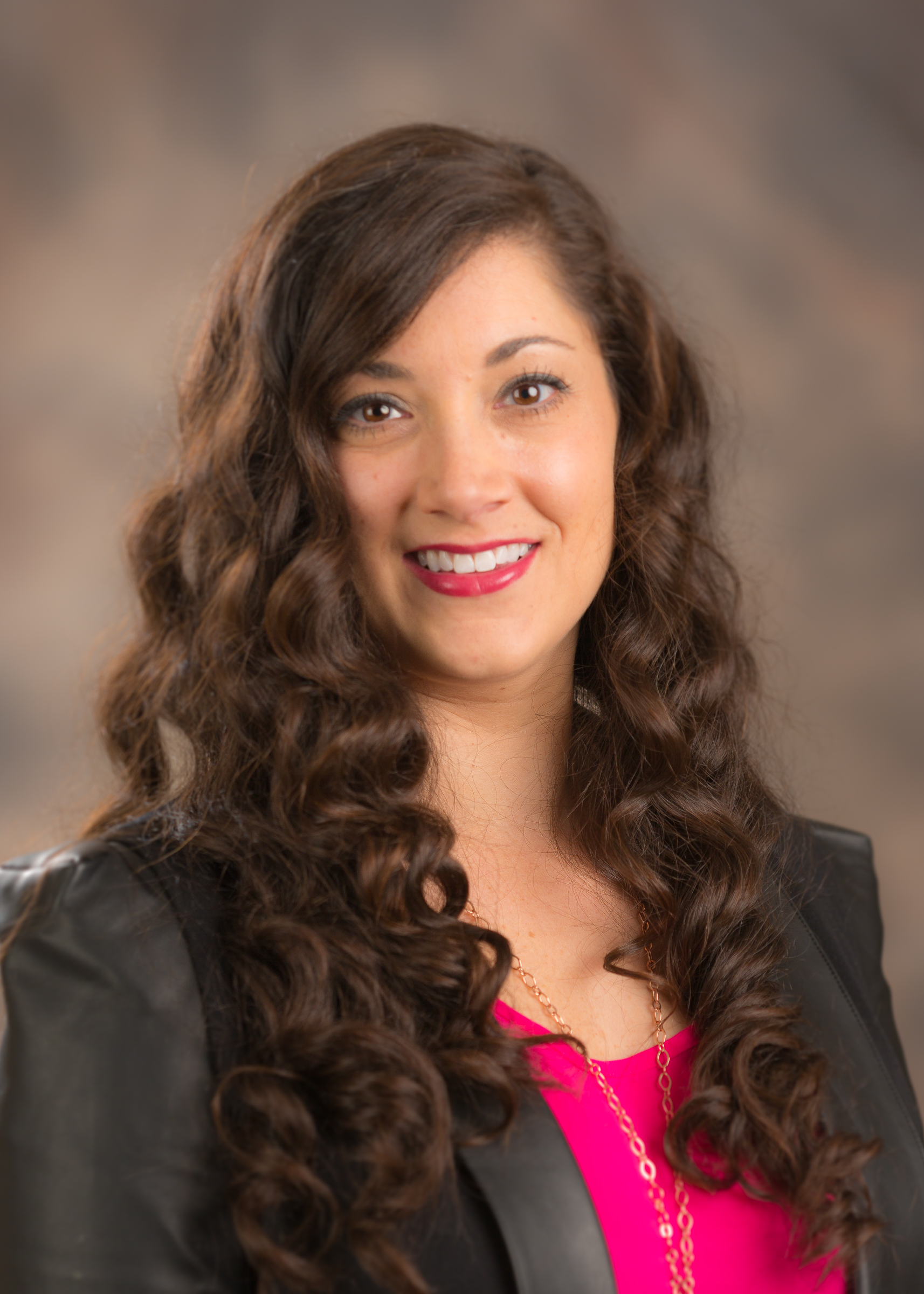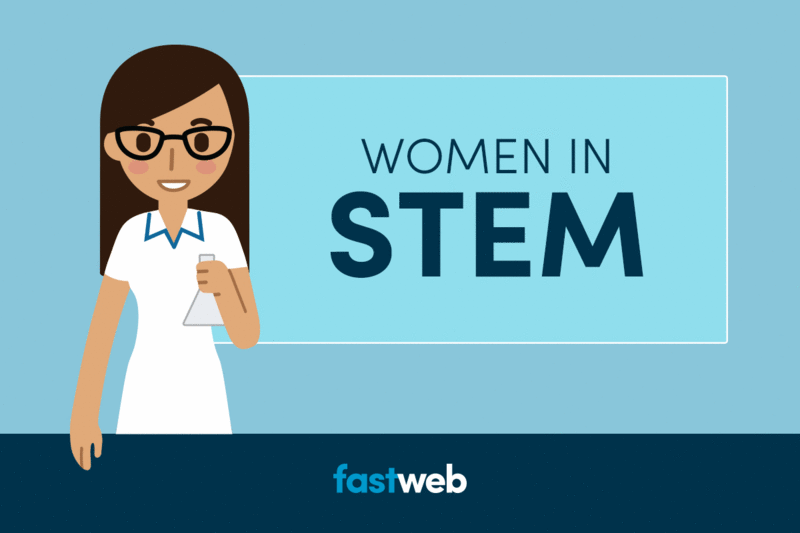When looking to embark on a career path, it’s always helpful to learn more about what it’s actually like in the field. This holds true especially for women in STEM fields, because they break barriers every day. One such woman: Dr. Rachel Davis, an optometrist at Asheville Eye Associates.
 First, let’s learn a little background on Dr. Davis, in her own words:
“In high school I took every AP class (college prep today) that my school offered: Calculus, Physics, Biology and loved it all. Before graduating, I took the military entrance exams and excelled in the STEM fields. I was asked to take more tests and was chosen to become a nuclear machinists mate in the US Navy. This was a challenging career choice at the time. The field had just opened to women the year before and the school alone had an overall 50% attrition rate (higher than MIT) I was a little anxious but took the challenge and graduated as 1 of the 2 women of 105 graduating class. I loved my time in the navy but knew it wasn't where I wanted to be long term.
I knew I wanted to go into medicine so when my service was over I went to school. I continued my Engineering path and added Biology and Chemistry to get my pre requisites for Optometry school. I chose Optometry due to flexibility and ability to take care of people. Eight years of college later I became a Doctor of Optometry. I have worked in many practice modalities. VA's, Active Duty Military Hospitals, private practice, corporate practice and mixed medical practices. I enjoyed each of these things and have finally settled down in a mixed medical practice. I love my job.”
Read on to learn more about Dr. Davis’ background, career and the path she took to becoming a successful woman in STEM:
I received the Navy College Fund for my time spent in service. I also received a Perkins loan for the last year or two. I attended state schools and worked full-time all through undergrad therefore I did not take out any additional loans for under graduate studies. I took out federal loans subsidized and unsubsidized to get through graduate studies.
I definitely wish I would have looked more into loans for advanced degrees. The burden of student loans is an ever present looming cloud, though it is a necessary evil for most.
Note: You can find STEM-related scholarships and internships on Fastweb.
First, let’s learn a little background on Dr. Davis, in her own words:
“In high school I took every AP class (college prep today) that my school offered: Calculus, Physics, Biology and loved it all. Before graduating, I took the military entrance exams and excelled in the STEM fields. I was asked to take more tests and was chosen to become a nuclear machinists mate in the US Navy. This was a challenging career choice at the time. The field had just opened to women the year before and the school alone had an overall 50% attrition rate (higher than MIT) I was a little anxious but took the challenge and graduated as 1 of the 2 women of 105 graduating class. I loved my time in the navy but knew it wasn't where I wanted to be long term.
I knew I wanted to go into medicine so when my service was over I went to school. I continued my Engineering path and added Biology and Chemistry to get my pre requisites for Optometry school. I chose Optometry due to flexibility and ability to take care of people. Eight years of college later I became a Doctor of Optometry. I have worked in many practice modalities. VA's, Active Duty Military Hospitals, private practice, corporate practice and mixed medical practices. I enjoyed each of these things and have finally settled down in a mixed medical practice. I love my job.”
Read on to learn more about Dr. Davis’ background, career and the path she took to becoming a successful woman in STEM:
I received the Navy College Fund for my time spent in service. I also received a Perkins loan for the last year or two. I attended state schools and worked full-time all through undergrad therefore I did not take out any additional loans for under graduate studies. I took out federal loans subsidized and unsubsidized to get through graduate studies.
I definitely wish I would have looked more into loans for advanced degrees. The burden of student loans is an ever present looming cloud, though it is a necessary evil for most.
Note: You can find STEM-related scholarships and internships on Fastweb.
If you have a question for our featured woman in STEM, Dr. Rachel Davis, send an email to ask her your question today.
• Physician at Fusco Personnel Inc.
• Family Practice Physician at Cornerstone Care
 First, let’s learn a little background on Dr. Davis, in her own words:
First, let’s learn a little background on Dr. Davis, in her own words:
1. What’s your education background (university attended, your degrees, etc.)?
I attended Old Dominion University (directly after getting out of the military) as well as Western Illinois University before finishing at Indiana University with a Bachelor of Science. I continued my education there and received my Doctorate of Optometry in 2007. Go Hoosiers!2. Did you apply for and/or obtain any scholarships? If so, can you please detail how you obtained them?
3. Did you have any internships? If so, where and what did you learn from them?
I had a paid internship with the group where I currently work while I was in college. I also had a year of unpaid internships at four places in Mexico and the US for optometry school. All of these were in the field of practice and working directly with leading doctors in optometry and ophthalmology. In Mexico, I worked in a rural area with little access to health care and where few spoke English. In the United States, I worked with veterans and their families and large hospital-based clinics, as well as at our university clinic where we were leading research in the field. I have also worked in Ghana, Cameroon, Peru and Mexico helping to advance technologies in local villages and access to health care as well as volunteering and seeing patients.4. How would you describe your current job in layman’s terms? What does a typical work day look like for you?
I work at Asheville Eye Associates. I see patients from 8-5 Monday through Friday and have five weeks on call a year. We are the largest referral practice in Western North Carolina and I work in our more remote offices some days. I see everything from routine care, to trauma and Emergencies always something new.5. What do you love most about your job?
I love that every day I get to help people. That is the bottom line if I am taking care of people to the best of my ability then I am doing my job well. Things care get stressful in medicine and it helps when you can smile and laughs with your patients and staff so we try to keep things professional but enjoyable.6. What advice do you have for students going into STEM fields?
Study hard: It’s worth it! There is a bright light at the end of the tunnel and one day your hard work will pay off and I hope that it is with the career of your dreams.7. What specific advice do you have for females going into the field?
I have had the privilege to see a variety of work environments, starting in a field dominated by men for over 20 years, meaning that most of my bosses had never worked with a woman in their entire careers. Then, I changed to a field that over the past 20 years has become about 60% women to 40% men. We need more women, period. No matter what you choose we need equal representation in the work force and equal pay. Times are changing and we get to be the generation that fights for these things that matter to us.9. What qualities should students thinking about pursuing a STEM career have in order to be successful?
Dedication. Perseverance. Go for it, follow your dreams. If you are interested in these careers paths it is not from a lack of hard work that you have already achieved. Continue that perseverance and dedication. These careers, though they may be more difficult in my opinion, are more rewarding. You can have it all.10. What’s it like being a successful woman in a male-dominated field? Any advice?
Though I am now in a more woman educated field, there are still more men practicing optometry throughout the country. I think more women either go to part-time or choose to stay home with children. My household is actually the opposite of a traditional household. I work full-time; I am lucky my husband had the ability to take a few years off full-time work and stays at home with our daughter while working a couple nights a week. I am currently pregnant, so this will hopefully continue until our next child is one year of age (if he can make it that long) According to him, staying at home is harder than going to work. Women have always been under appreciated. So, again, you can have it all you just have to define your life as you see it.11. What do you think the solution is to get more females in STEM fields?
I think starting early is the best way to peak interest. I started taking advanced STEM classes during my sophomore year of high school so when other opportunities came along I had the ground work and had excelled. I was interested and was more qualified to take advantage of anything that came my way.11. Any other advice for students?
Continue your education no matter what life throws at you. Life is hard and there are struggles for everyone. Don't see them as defeat see them as hurdles. Get over them quickly and move on, there will be more. This is what builds character and makes us stronger humans. Good luck in whatever you choose. I hope you find peace and balance in your career and life.If you have a question for our featured woman in STEM, Dr. Rachel Davis, send an email to ask her your question today.
Find STEM Jobs and Internships on Monster:
• Physician at The IMA Group• Physician at Fusco Personnel Inc.
• Family Practice Physician at Cornerstone Care
